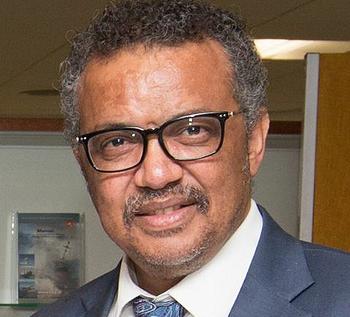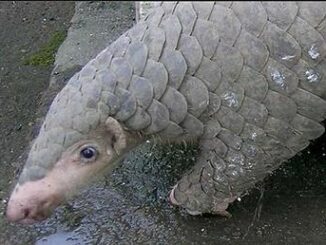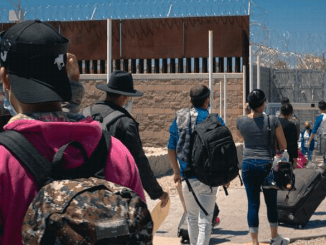
GENEVA, Switzerland, November 2, 2020 (ENS) – The Director-General of the World Health Organization, Dr. Tedros Adhanom Ghebreyesus, is in quarantine tonight as he has been exposed to the coronavirus he has been battling every day since early January, COVID-19.
Speaking at a news conference in Geneva today, Tedros said, “I have been identified as a contact of someone who has tested positive for COVID-19. I am well and without symptoms but will self-quarantine in the coming days, in line with WHO protocols.”
On its website, WHO gives this protocol for anyone who has been exposed to someone with COVID-19. Dr. Tedros, of course, has no trouble getting tested.

Call your health care provider or COVID-19 hotline to find out where and when to get a test.
Cooperate with contact-tracing procedures to stop the spread of the virus.
If testing is not available, stay home and away from others for 14 days.
During this time, do not go to work, to school or to public places. Ask someone to bring you supplies.
Keep at least a one-metre distance from others, even from your family members.
Wear a medical mask to protect others, including if/when you need to seek medical care.
Clean your hands frequently.
Stay in a separate room from other family members, and if not possible, wear a medical mask.
Keep the room well-ventilated.
If you share a room, place beds at least one metre apart.
Monitor yourself for any symptoms for 14 days.
Stay positive by keeping in touch with loved ones by phone or online, and by exercising at home.
“At this time, it is critically important that we all comply with health guidance,” Tedros said. “This is how we will break chains of transmission, suppress the virus, and protect health systems.”
Immediately after taking office on July 1, 2017, Dr. Tedros outlined five key priorities for WHO: universal health coverage; health emergencies; women’s, children’s and adolescents’ health; health impacts of climate and environmental change; and a transformed WHO.
Tedros is an Ethiopian biologist, public health researcher and official who has served since 2017 as Director-General of the World Health Organization. He is the first African in the role; he was endorsed by the African Union.
Tedros is also the first non-physician to head WHO; his doctorate is in community health from the University of Nottingham, UK.
He has held two high-level positions in the government of Ethiopia: Minister of Health from 2005 to 2012 and Minister of Foreign Affairs from 2012 to 2016.
The coronavirus has raised awareness of Tedros worldwide – he is included in “Time” magazine’s list of the 100 Most Influential People of 2020.
It is for statements like this that he is recognized as influential. In his opening remarks to the World Health Assembly in May, Tedros declared, “COVID-19 is not just a global health emergency, it is a vivid demonstration of the fact that there is no health security without resilient health systems, or without addressing the social, economic, commercial and environmental determinants of health.”
“More than ever,” he emphasized, “the pandemic illustrates why investing in health must be at the centre of development. I will repeat this: More than ever, the pandemic illustrates why investing in health must be at the centre of development.”
“We’re learning the hard way that health is not a luxury; it’s a necessity. It is a necessity,” Tedros stressed. “Health is not a reward for development; it is a prerequisite. Health is not a cost; it’s an investment. Health is a pathway to security, prosperity and peace.”
Tedros is farther along the same track today. Calling on countries “to again invest in the basics so that measures can be lifted safely,” he told reporters, “On a macro level, this also reflects why a whole-of-government, whole-of-society approach to sustainable global preparedness is so important.”
“Health systems and preparedness are not only an investment in the future, they are the foundation of our response today,” Tedros explained. “Public health is more than medicine and science, and it is bigger than any individual. And there is hope that if we invest in health systems, health workers and share tools through the ACT-Accelerator, we can bring this virus under control and go forward, together, to tackle other challenges of our time. ”
Tedros said he would keep working even in quarantine. “We have to keep going,” he said, “and whether I’m at home or in the office, WHO will keep working to drive forward science, solutions and solidarity.”
Copyright Environment News Service (ENS) 2020. All rights reserved.
© 2020, Environment News Service. All rights reserved. Content may be quoted only with proper attribution and a direct link to the original article. Full reproduction is prohibited.



